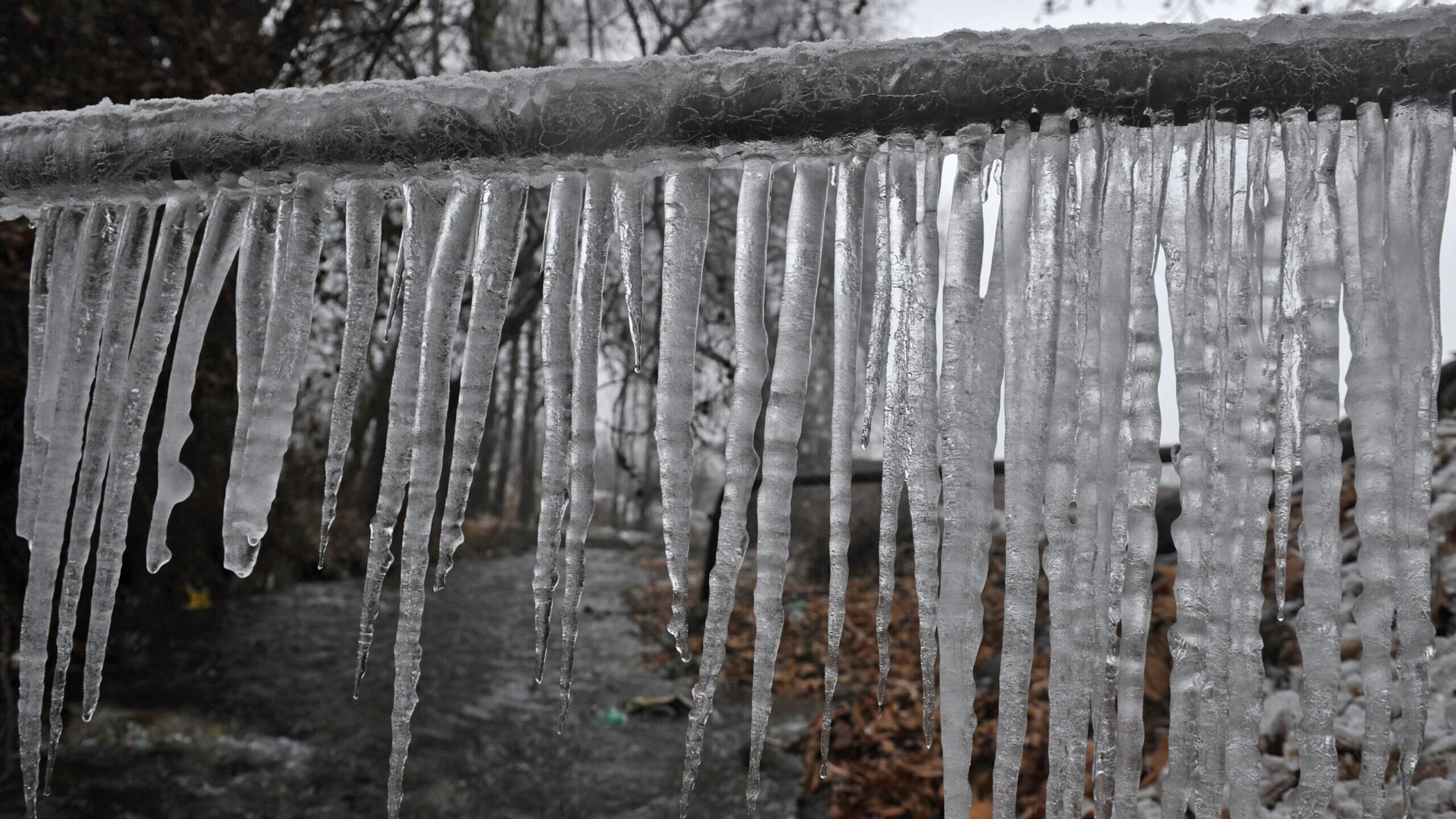Crucial Advice for Avoiding Frozen Pipes in Winter Conditions
Crucial Advice for Avoiding Frozen Pipes in Winter Conditions
Blog Article
Each person has his or her own way of thinking with regards to How To Avoid Freezing Pipes.

Cold weather can ruin your plumbing, especially by freezing pipelines. Here's just how to prevent it from occurring and what to do if it does.
Intro
As temperatures drop, the danger of icy pipes increases, potentially bring about costly repair work and water damages. Recognizing how to prevent frozen pipes is essential for house owners in cool environments.
Recognizing Icy Pipes
What triggers pipes to ice up?
Pipes ice up when revealed to temperature levels below 32 ° F (0 ° C) for expanded durations. As water inside the pipelines ices up, it broadens, taxing the pipeline walls and potentially triggering them to rupture.
Risks and problems
Icy pipes can cause water supply interruptions, residential or commercial property damage, and costly fixings. Ruptured pipelines can flooding homes and cause extensive structural damage.
Signs of Frozen Pipeline
Identifying frozen pipes early can stop them from breaking.
Just how to recognize icy pipes
Search for decreased water circulation from taps, unusual odors or sounds from pipelines, and noticeable frost on exposed pipelines.
Avoidance Tips
Shielding susceptible pipes
Cover pipelines in insulation sleeves or use heat tape to safeguard them from freezing temperatures. Focus on pipelines in unheated or outside areas of the home.
Home heating methods
Keep indoor spaces adequately heated up, especially locations with plumbing. Open up cabinet doors to enable warm air to distribute around pipes under sinks.
Securing Outdoor Plumbing
Yard hose pipes and exterior taps
Detach and drain pipes garden hose pipes prior to winter. Set up frost-proof faucets or cover exterior faucets with protected caps.
What to Do If Your Pipelines Freeze
Immediate activities to take
If you suspect frozen pipelines, keep taps open to alleviate stress as the ice thaws. Utilize a hairdryer or towels taken in warm water to thaw pipelines gradually.
Long-Term Solutions
Structural modifications
Consider rerouting pipelines away from outside walls or unheated locations. Include extra insulation to attics, cellars, and crawl spaces.
Upgrading insulation
Purchase high-quality insulation for pipes, attics, and wall surfaces. Correct insulation helps maintain constant temperature levels and lowers the risk of frozen pipes.
Conclusion
Stopping icy pipelines needs aggressive actions and fast feedbacks. By recognizing the reasons, indicators, and safety nets, house owners can secure their pipes during cold weather.
Helpful Tips to Prevent Frozen Pipes this Winter
UNDERSTANDING THE BASICS: WHY PIPES FREEZE AND WHY IT’S A PROBLEM
Water freezing inside pipes is common during the winter months, but understanding why pipes freeze, and the potential problems it can cause is crucial in preventing such incidents. This section will delve into the basics of why pipes freeze and the associated problems that may arise.
THE SCIENCE BEHIND FROZEN PIPES
When water reaches freezing temperatures, it undergoes a physical transformation and solidifies into ice. This expansion of water as it freezes is the primary reason pipes can burst. As the water inside the pipe freezes, it expands, creating immense pressure on the walls. If the pressure becomes too great, the pipe can crack or rupture, leading to leaks and water damage.
FACTORS THAT CONTRIBUTE TO PIPE FREEZING
Low Temperatures: Extremely cold weather, especially below freezing, increases the risk of pipes freezing. Uninsulated or Poorly Insulated Pipes: Pipes located in unheated areas, such as basements, crawl spaces, or attics, are more prone to freezing. Insufficient insulation or lack of insulation altogether exacerbates the problem. Exterior Wall Exposure: Pipes running along exterior walls are susceptible to freezing as they encounter colder temperatures outside. Lack of Heating or Temperature Regulation: Inadequate heating or inconsistent temperature control in your home can contribute to frozen pipes. PROBLEMS CAUSED BY FROZEN PIPES
- Pipe Bursting: As mentioned earlier, the expansion of water as it freezes can cause pipes to burst, resulting in significant water damage.
- Water Damage: When pipes burst, it can lead to flooding and water damage to your property, including walls, ceilings, flooring, and personal belongings.
- Structural Damage: Prolonged exposure to water from burst pipes can compromise the structural integrity of your home, leading to costly repairs.
- Mold and Mildew Growth: Excess moisture from water damage can create a favorable environment for mold and mildew growth, posing health risks to occupants.
- Disrupted Water Supply: Frozen pipes can also result in a complete or partial loss of water supply until the issue is resolved.
WHY CERTAIN PIPES ARE MORE PRONE TO FREEZING
- Location: Pipes located in unheated or poorly insulated areas, such as basements, crawl spaces, attics, or exterior walls, are at higher risk of freezing.
- Exterior Pipes: Outdoor pipes, such as those used for irrigation or exposed plumbing, are particularly vulnerable to freezing as they are directly exposed to the elements.
- Supply Lines: Pipes that carry water from the main water supply into your home, including the main water line, are critical to protect as freezing in these lines can affect your entire plumbing system.
- Underground Pipes: Pipes buried underground, such as those connected to sprinkler systems or outdoor faucets, can be susceptible to freezing if not properly insulated.
https://busybusy.com/blog/helpful-tips-to-prevent-frozen-pipes-this-winter/

As a fervent reader about Winter Plumbing Precautions: Preventing Frozen Pipes, I figured sharing that piece of content was a good thing. Liked our write up? Please share it. Help other people locate it. I recognize the value of reading our article about Winter Plumbing Precautions: Preventing Frozen Pipes.
Call Today Report this page